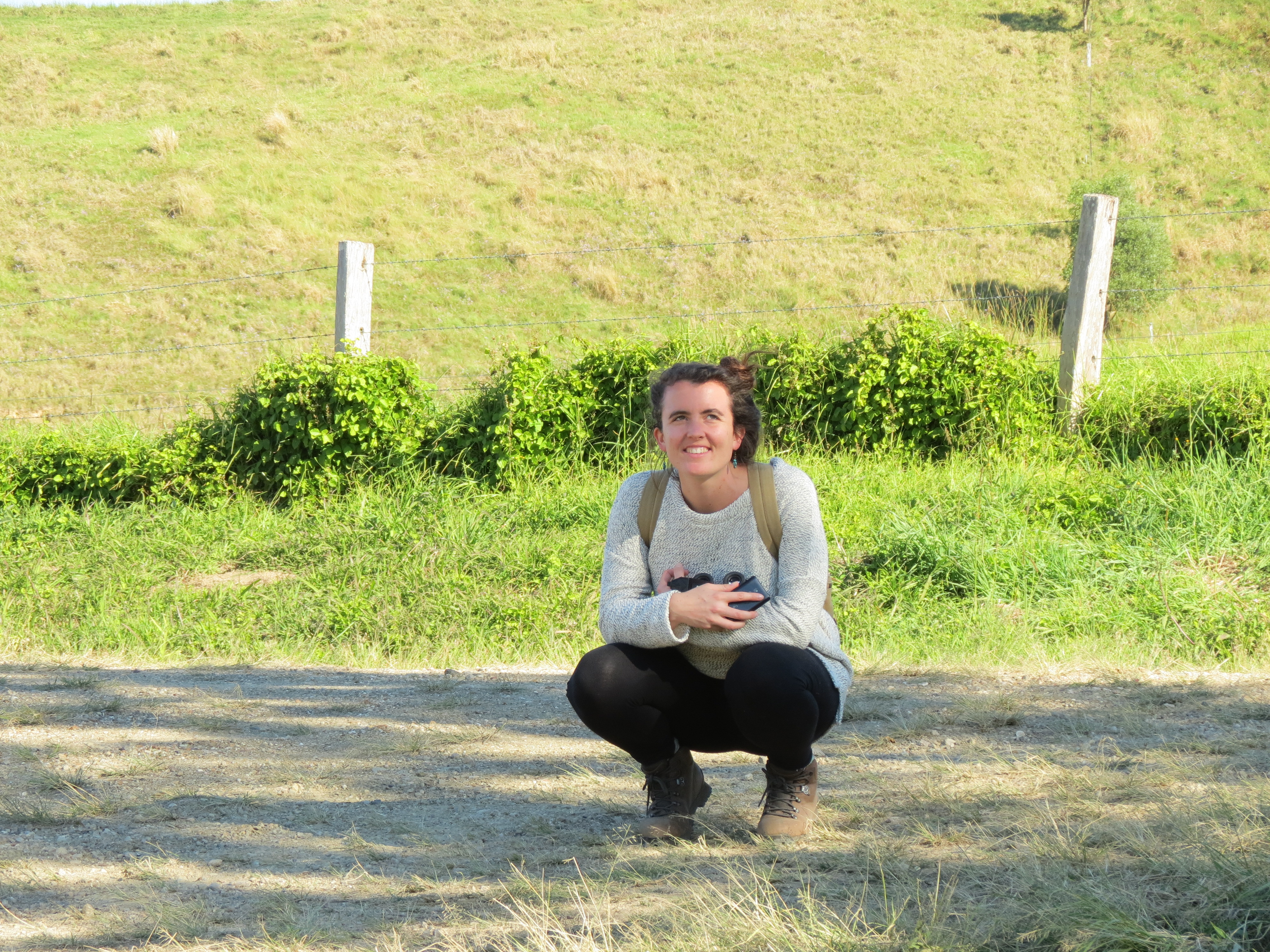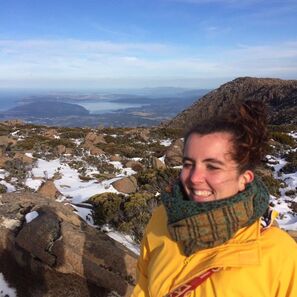We are looking back on some of our MSc graduates who have excelled in scientific research, ecology and conservation around the world since studying with us.
Today we meet Kasha who graduated from MSc Evolution and Behavioural Ecology in 2013 and is now a Postdoctoral research fellow at Hólar University (Iceland)/Eawag-ETH (Switzerland).
Hi Kasha, it’s almost 10 years since you studied with us, why don’t you tell us a bit about your career in that time that led you to where you are now?
After graduating from my MSc in 2013, I applied for a PhD scholarship in Australia with my masters project supervisor. I was awarded the scholarship and moved to Queensland, Australia in February 2014 to do a PhD in Behavioural Ecology. I was awarded PhD in 2018, and I stayed on in Australia for a post-doc for 1.5 years to explore heritability of behaviour in multiple long-term datasets. In October 2019, I moved to Iceland for a second post-doc, and I am investigating microevolutionary processes in wild stickleback.

What made you choose to study your MSc with us at the University of Exeter Cornwall Campus?
There are not many places in the UK that offer such a degree as the MSc in evolutionary and behavioural ecology, and the specialisms of the department meant that it felt like the right place to study these topics. The specialist nature of the department makes it really a unique place to study any aspect of whole organism biology. There can’t be many places in the world with such a concentration of evolutionary biologists and behavioural ecologists. The combination of the specialist training it offered as well as living in a beautiful part of the country sold it to me!
What did you enjoy most about studying in Penryn?
Living in Cornwall is really great. Falmouth is a great town to be in and has so much to offer all sorts of people. Walking and birding on coast paths throughout Cornwall makes for great downtime!
I really enjoyed the balance between learning key skills and theory. I also really enjoyed making new friends in the course who had come to study from all over the world, and I found it was a really social time getting to know fellow students. And of course, the field trip to Kenya was totally awesome! It was a once-in-a-lifetime trip.

We’re glad you had such great opportunities! How do you think the MSc helped to prepare you for your next steps?
The stats course provided a great basis for stats during my PhD, and enabled me to keep learning. Field and lab methods we learnt have been really critical in further research too, and I still tap into things I learnt during that time. The training in methods such as recording behaviour, and molecular lab experience have been really useful. The statistics I learnt and used also really helped during PhD. Mostly, developing a grounding in theory associated with behaviour and evolution have been critical in the research direction I have gone down!
Why did you choose a career in scientific research?
I love research! It is such a great way to keep learning and to work with really awesome and curious people. It’s also allowed me to travel the world, meet people from everywhere and work in nature for huge chunks of time.
Finally, do you have any advice for those looking to pursue something similar?
Go for it! And pick a research project with someone you get along well with.
Thank you Kasha!
If you want to read more profiles from MSc Evolution and Behavioural Ecology graduates follow this link or explore our Graduate in Focus homepage to learn more about the degree programmes we have on offer!

